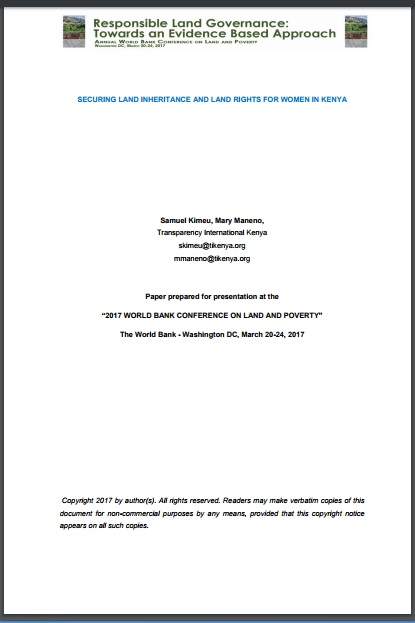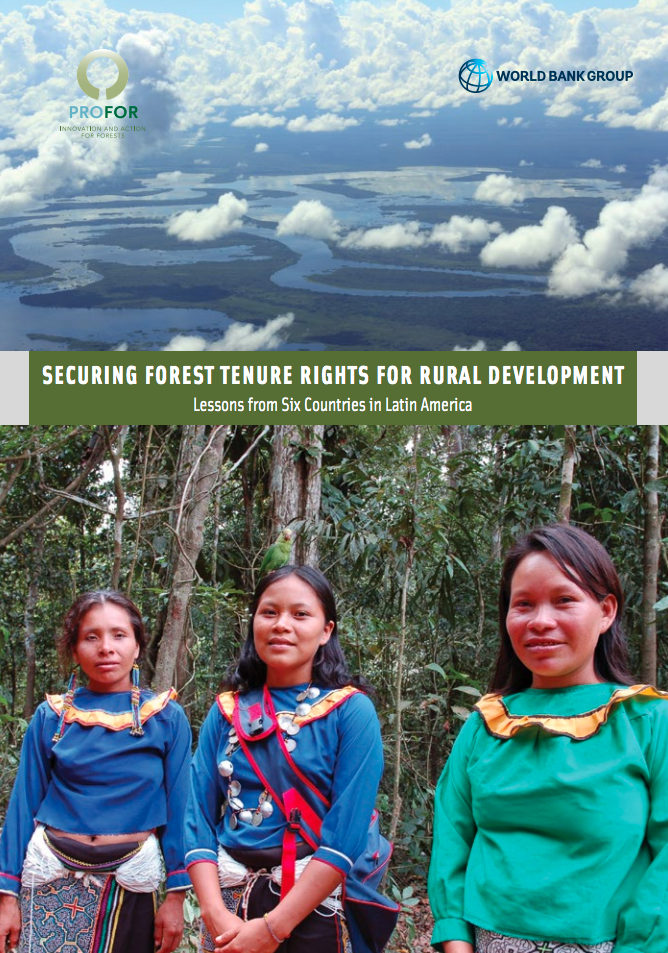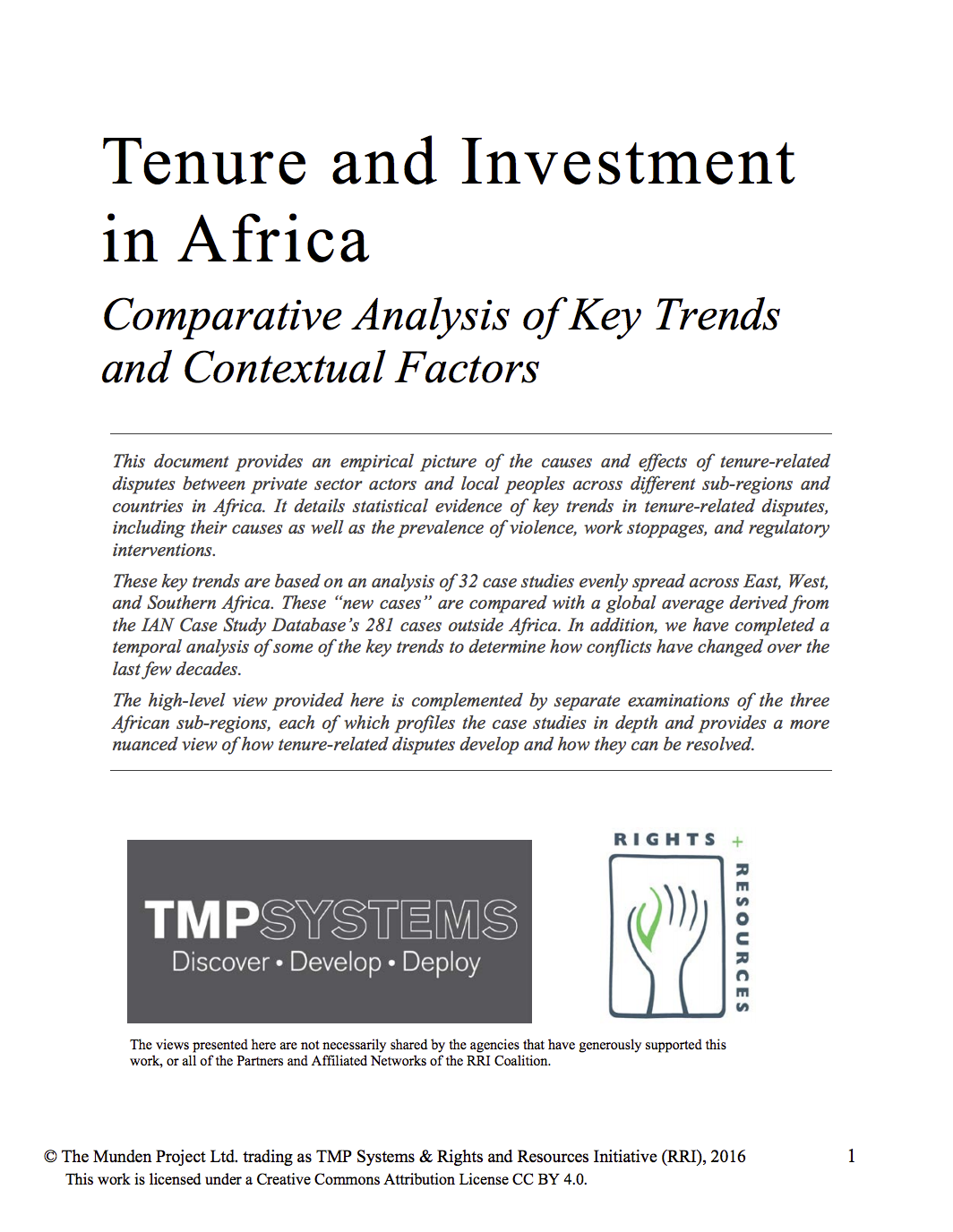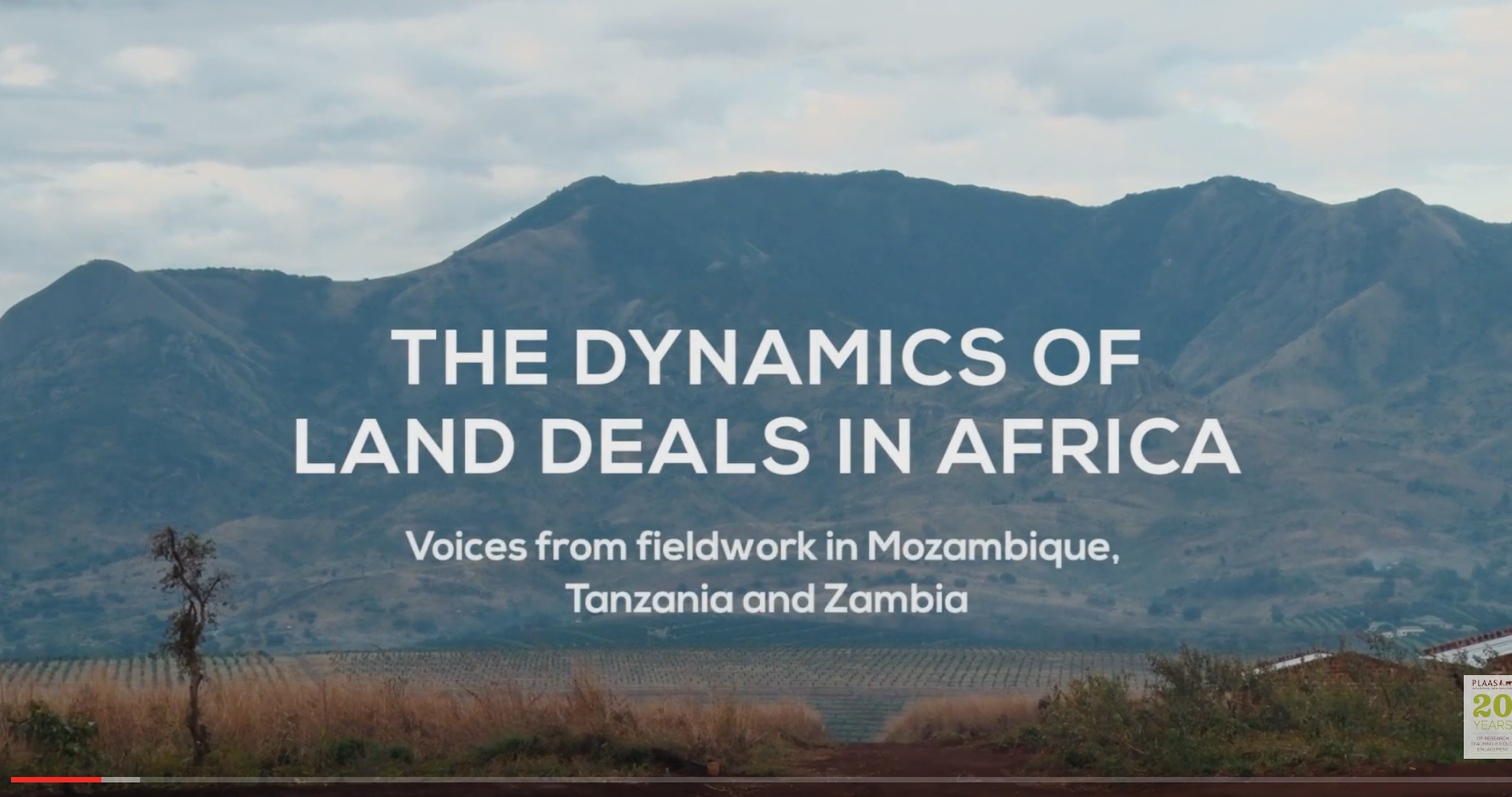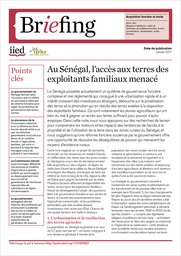Minutes from the 4th UK Land Policy Forum meeting, 26 April 2017
This event, hosted at ODI in London, was convened to discuss the use of new technologies to map and document land rights, and their impact on land registration and administration, and provide updates on recent activities of Forum membe



